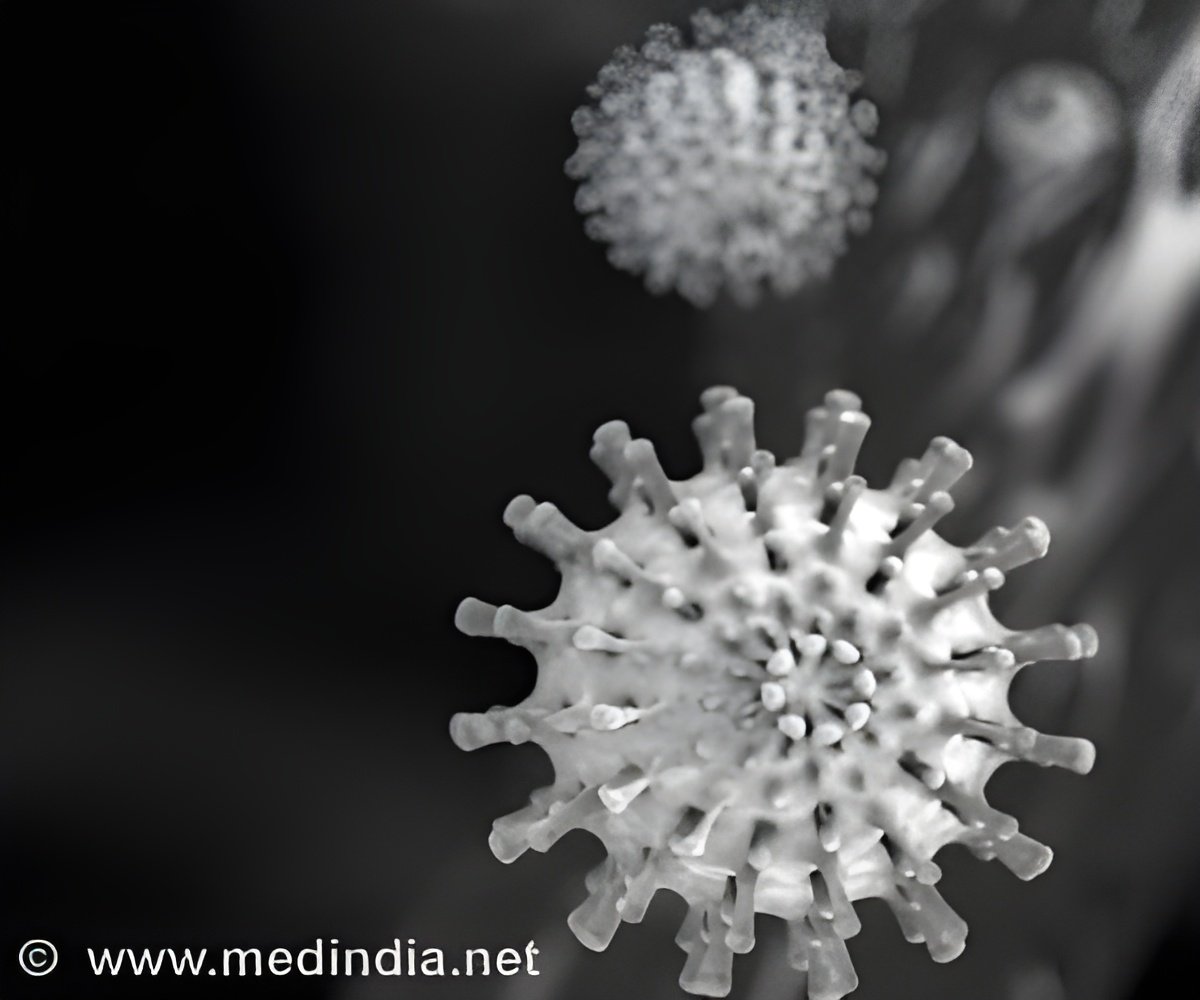
The big hope is that these organoids will help in the development of new immune therapies to treat a variety of deadly diseases that at the moment have no cure.
The organoids in many aspects were modeled on lymphoid tissue and consist of a hydrogel, nanoparticles, and a seeding of living cells.
They are able to convert antibody producing B cells into germinal centers. These centers are a sort of antibody gene factories that mutate, differentiate, and create the genes that can create the necessary antibodies to fight specific infections.
The scientists can control this process, tweaking how fast the B cells grow, mutate, and activate to fight disease.
Scientists say that these organoids will serve as platforms to study our bodies’ immune response and to develop new therapies to attack cancers, HIV and other infectious diseases, or even autoimmune disorders.
Advertisement
The work was published online June 3 in Biomaterials and will appear later in print.
Advertisement
Source-Medindia










